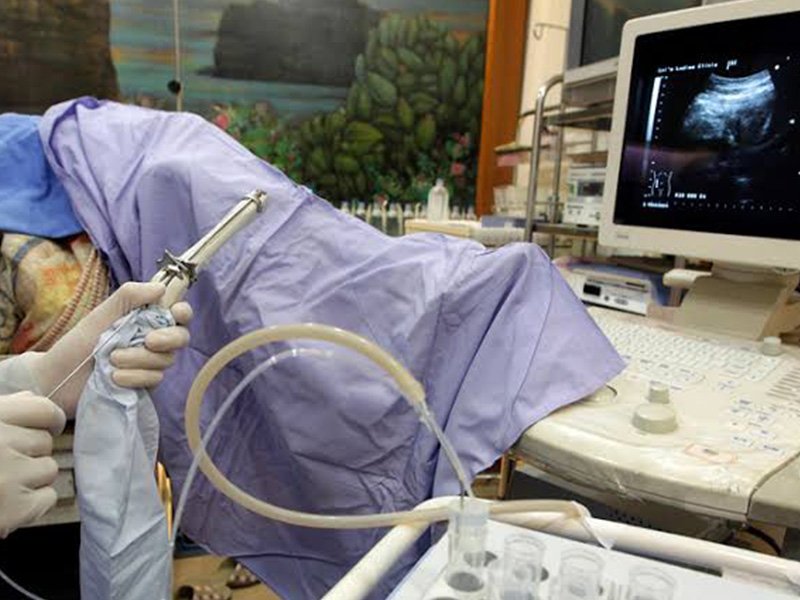Laser assisted Hatching (LAH)
What is Laser assisted Hatching (LAH)?
Laser-assisted hatching is a scientific IVF technique that can make it easier for the embryo to “hatch” or breakthrough its outer layer or “shell” (a membrane also known as the zona pellucida) by creating an opening. In some situations, this layer is abnormally thick and/or hardened with the freezing and thawing process among the contributing factors. The less difficulty the embryo has in hatching, the better its chance of attaching or implanting into the wall of the uterus.
Laser-assisted hatching is an advanced technology used along with IVF treatment to increase the rate of successful implantation of the embryo. If you are experiencing IVF failure due to unexplained reasons or poor prognosis with IVF treatment, you will be directed to laser-assisted hatching. The goal of LAH is to overcome all the odds that are preventing implantation or successful pregnancy.
During the IVF procedure, fertilized eggs are kept in the lab for 2 to 5 days, allowing them to divide and develop into an embryo. A healthy embryo is then placed in a woman’s uterus to achieve pregnancy. During this process of development, the embryo gets surrounded by a protective shell called zona pellucida. For implantation to happen, this protective shell breaks out naturally. But in some cases, the outer layer of the embryo hardens, making it difficult to hatch and implant. It becomes one of the reasons for infertility in women.
In laser-assisted hatching, a small crack is created before inserting the embryo in your uterus in the hope that this hatching helps in implantation of the embryo. This procedure helps in successful implantation leading to pregnancy. Pregnancy cannot occur unless the embryo hatches and implants, and laser-assisted hatching can play a key role in achieving these crucial steps.
Who is assisted hatching recommended for?
Any patient can take advantage of laser-assisted hatching, but those most likely to be best suited are those who:
Are above the age of 37
-
Have had unsuccessful IVF cycles
Have a tendency to produce a harder and/or thicker zona pellucida
Dr. Puneet Arora is one of the best infertility specialists in Gurugram, India with a successful career of more than 20 years. Dr. Puneet is an expert in this field and is one of the best IVF specialist and Gynecologist in Delhi/NCR. – She may explain more about Blastocyst in case you wish to discuss further.


